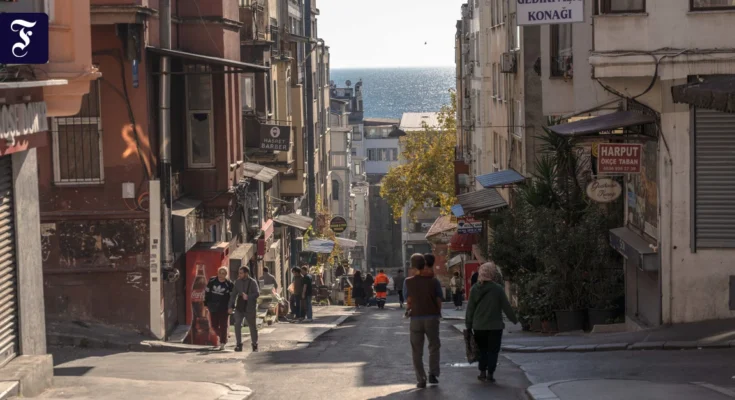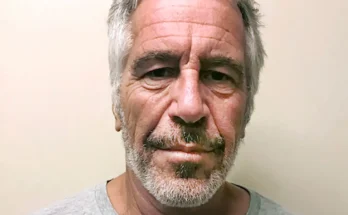This case is very similar to the deaths of four members of the Böcek family from Hamburg in Istanbul: In November 2024, German exchange student Marlene P. also died in the Turkish metropolis. He is also from Hamburg. Forensic experts also assumed that he suffered from gas poisoning due to inappropriate use of pesticides against bedbugs.
But there is also an important difference: Unlike after the deaths of the Böcek family, no suspects have been arrested in the case of the 21-year-old Erasmus student. “The accused was only questioned by the police last week,” the P. family’s lawyer in Istanbul, Hakan Hakeri, told FAZ. “We have been waiting for this for a year.” The owners and employees of the pest control companies involved were questioned. The interrogation file is still with the police, so he can’t see it yet, Hakeri said. “We are waiting for his demands.”
Initially it was suspected to be food poisoning
One reason for the delay: The autopsy report was only completed several months after the Hamburg student’s death – and the forensic medical report based on it was only completed in August of this year. “Unfortunately, this is normal,” Hakeri said. Forensic medicine capacity in Türkiye is limited and the workload is high. Cases from all over the country are basically processed at the same institution in Istanbul.
Another reason for the delay was that the first panel to hear the case could not determine the cause of death based on the autopsy. Since the insecticide was likely dispersed in gas form at Marlene P’s accommodation in Kadıköy district, forensic pathologists found no traces of the insecticide on her body. The chamber that then handled the case consulted the police report and, according to its report, “unanimously” assumed “poisoning by pesticides used to combat bedbugs.”
Based on her symptoms, authorities initially suspected Marlene P. died of food poisoning. However, it was later discovered that two of his roommates had also fallen ill and were being treated outpatient at the hospital. Police and witnesses also noticed the smell of gas in the house. Apparently, an apartment on the first floor of the building was sprayed with pesticides. The pesticide turned into a gaseous form and spread throughout the building, according to the forensic report.
Eight people were officially detained
The three students lived on the second floor. According to the Hurriyet newspaper, which first reported Marlene P’s death on Tuesday, two surviving exchange students said the three of them woke up around midnight on November 2 last year due to nausea. When her friends underwent outpatient treatment, Marlene P’s condition worsened. He died in hospital on November 4.
Lawyers for the family say they are seeking to have the pest controller punished for willful negligence. If you include the two injured students, he estimates a prison sentence of six to ten years. Hakeri assumes both the pest controllers involved and the company owners will be prosecuted.
Excessive arrests due to huge media coverage?
Given the similarities to the tragic deaths of the Böcek family, the question arises as to why the police and prosecutors acted so much more firmly and quickly against the suspects in their case. Eleven people were initially detained. Eight of them have now been formally detained and three others have been released on parole. Although initial reports concluded that food poisoning was unlikely, four food vendors were still detained. It is reasonable to assume that this excessive enthusiasm had something to do with the huge media coverage resulting from the fate of the Böcek family.
Meanwhile, Turkish media has collected more cases where inappropriate use of aluminum phosphide has led to the death of local residents. In one case in Ankara, two people died and ten others had to be hospitalized. The public prosecutor demanded a maximum sentence of 22 years in prison for the defendant. They are said to have sprayed the highly toxic substance without the necessary permission from the Ministry of Agriculture.
A license is also officially required for the purchase of aluminum phosphide. The product is currently freely available on the Internet. The ministry announced new procedures stating that pesticides will only be available with a doctor’s prescription, and must be dispensed by qualified personnel.



